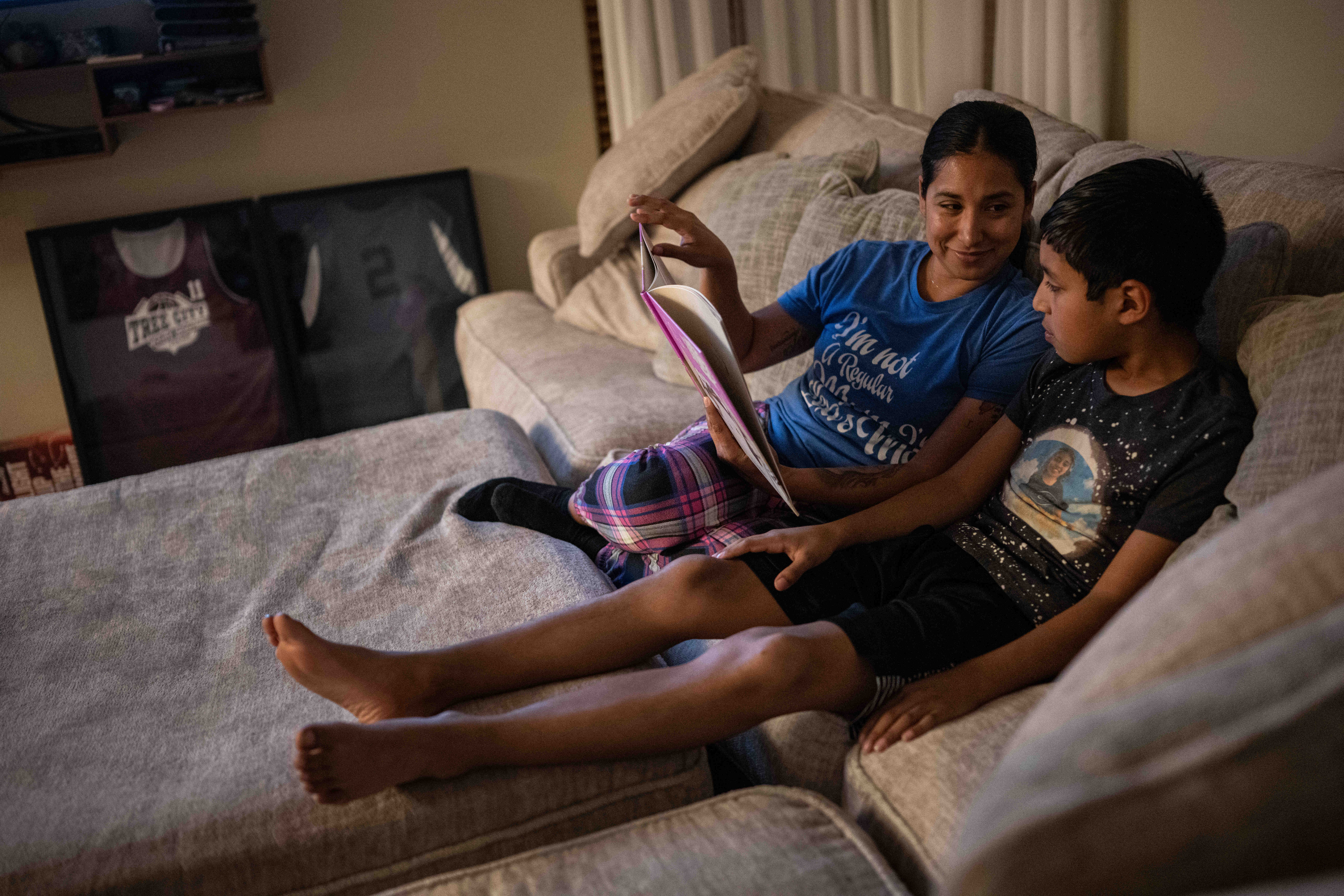Twice, my daughters have confronted the stark reality of guns in Uvalde schools.
First, my youngest daughter, Lexi, faced a deranged 18-year-old armed with an AR-15-style rifle as he murdered 19 students and two teachers while police lingered in the school’s hallway. Lexi, forever 10 years old, was one of those fourth graders who never came home from Robb Elementary on May 24, 2022. Two years later, in February of this year, my middle daughter, Jahleela, who is 13, was unknowingly in a classroom with a student who had brought a handgun to Morales Junior High. The student had plans to sell the weapon to a peer. In this case, other students reported his actions, and everyone left campus unharmed.
This is Uvalde, post-May 24.
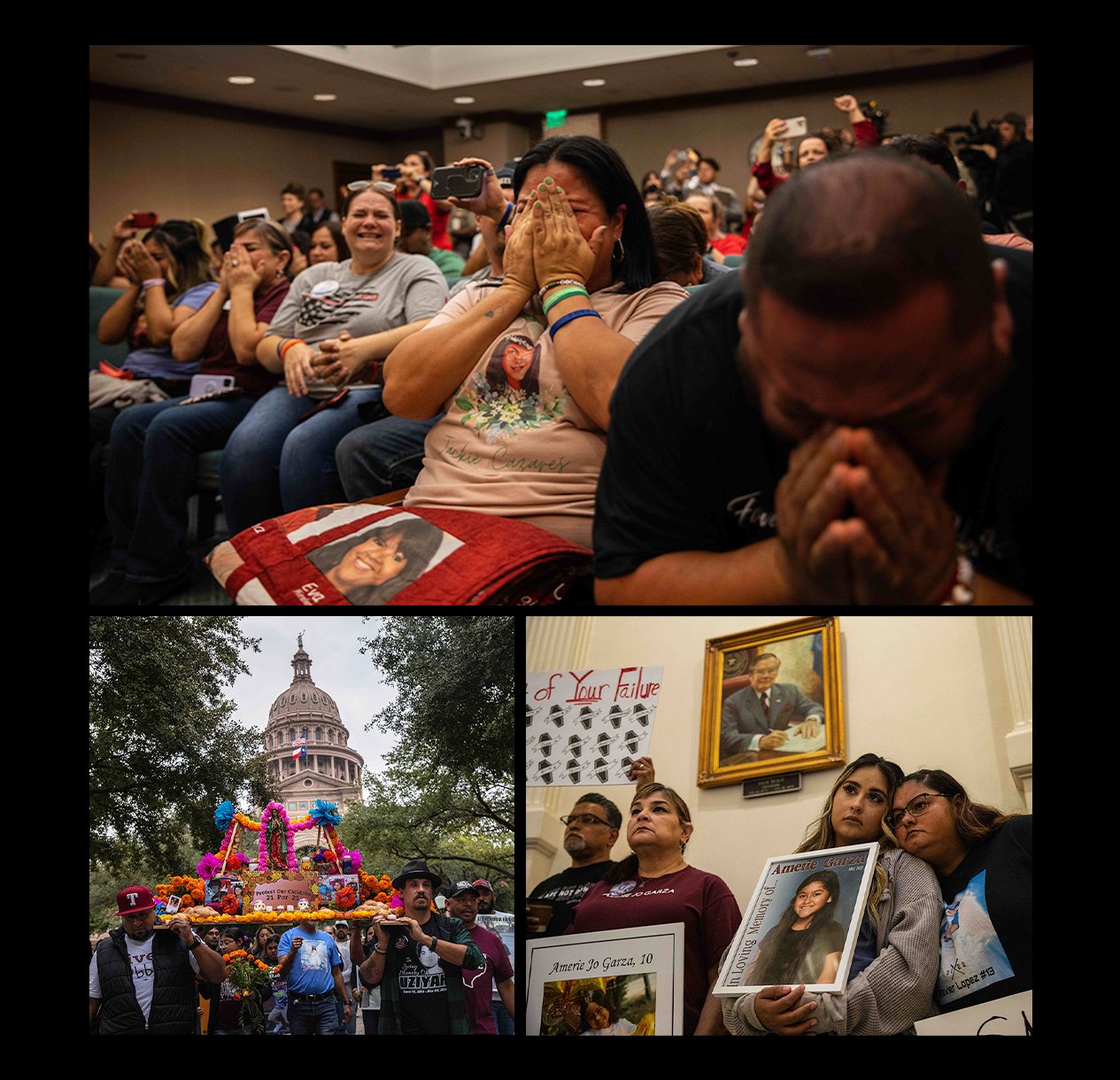
I am the mother of a mass-shooting victim. That concept, which still looks foreign to me as I read it back to myself, reminds me of my time as a reporter in Uvalde—before 2022. It was May 2019 when Uvalde Memorial Hospital secured Sue Klebold, mother of Columbine High School shooter Dylan Klebold, to be the keynote speaker at its “Healthy Minds Matter” event. The hospital asked that I interview her in my capacity as a journalist for the Uvalde Leader-News to publicize the event. During our conversation, in which she advocated for mental health resources, Sue said, “I am the mother of a killer.” Those words had such a chilling effect on me that I used them as the headline for the story, which appeared on the front page. Five years later, I describe myself as the mother of a mass-shooting victim, and I advocate daily for stronger gun control.
Two weeks after I lost Lexi, and three days before her funeral, I agreed to testify before Congress about the effects of gun violence. I don’t recall making a conscious decision to actively join the gun violence prevention movement, but, looking back, I’ve always been a member. I have always prioritized children over some civilians’ desire to own high-powered weapons of war. On the heels of other mass shootings, some of which I wrote about for the Uvalde paper, I vocalized my beliefs with friends, local law enforcement members, and other officials. Now I am a passionate, deliberate advocate for preventing gun violence. As we’ve seen in Uvalde, gun violence is an epidemic. It is spreading across our country at a rate we are unable to contain.
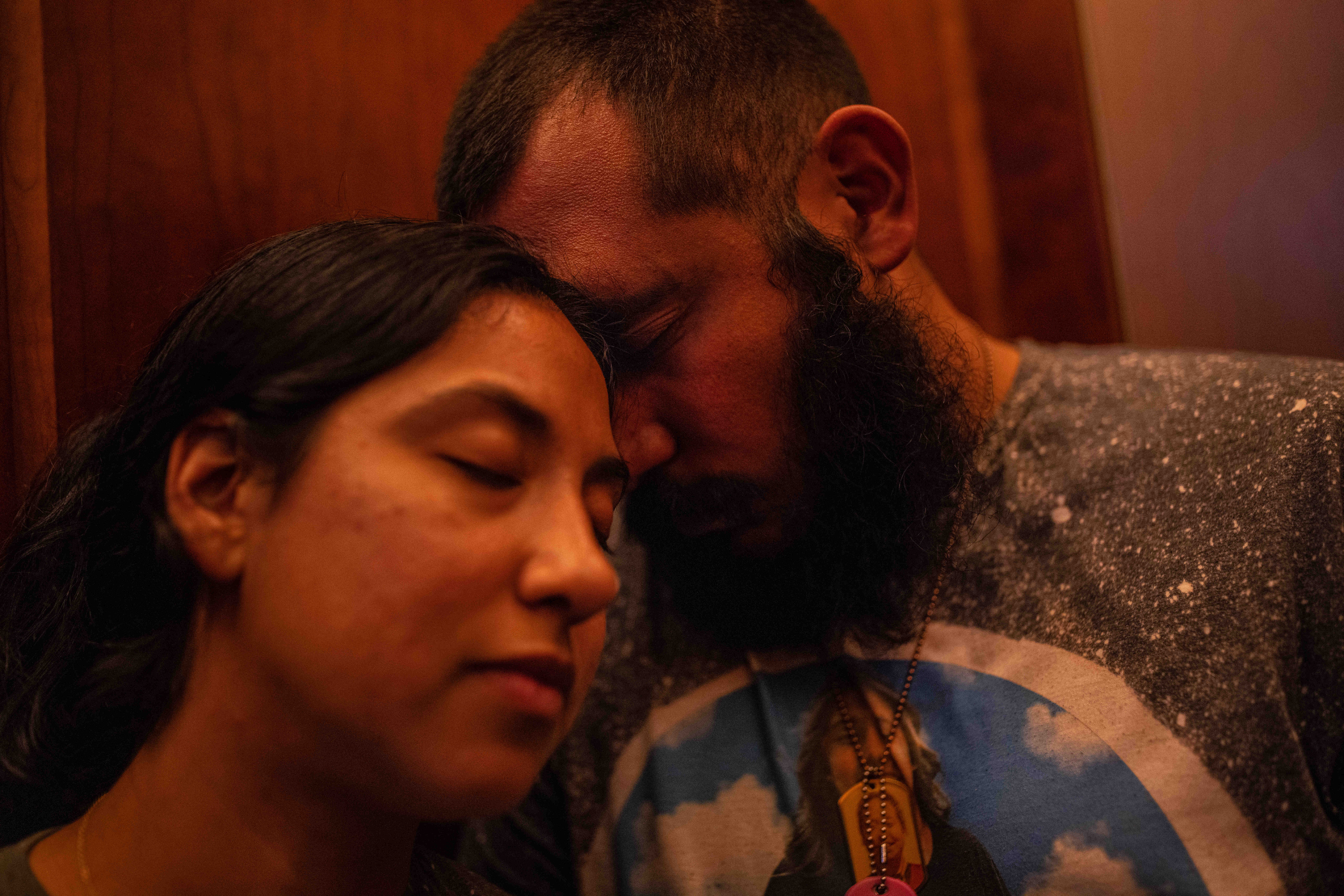
Just this April, my youngest child, 10-year-old Julian—a fourth grader just like Lexi was before that gun-wielding Uvalde High School dropout shattered our family—saw bullets in his elementary school classroom. That day, I was on my lunch break from the newspaper, where I now work in advertising, when I received a call from Uvalde Elementary, the temporary campus for students who would have been at Robb Elementary if not for May 24, 2022. The administrator sounded hesitant before she informed me that Julian’s classmate brought bullets to school. He showed them to Julian and two other classmates, who told their teacher. The school district released yet another notice to parents, promising appropriate repercussions for the child who brought ammunition to school for a private show-and-tell.
This is Uvalde, post-May 24.
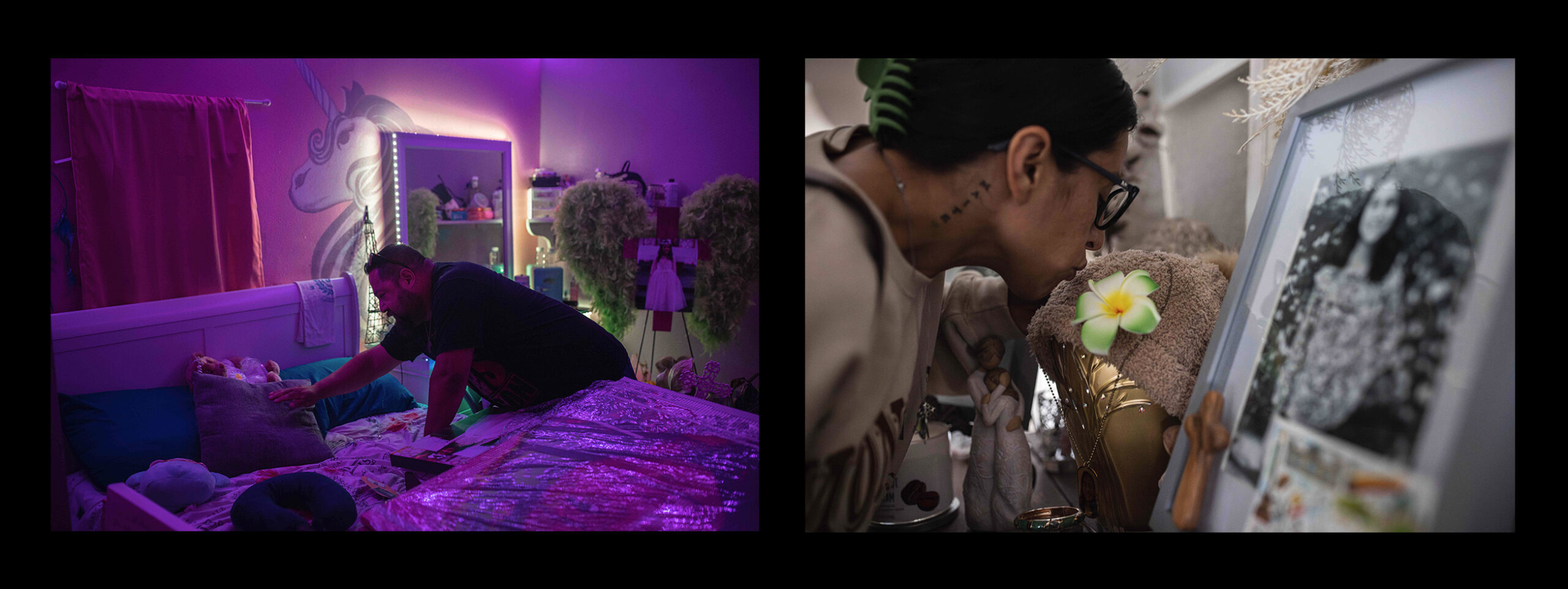
After hanging up the phone, I sobbed at my kitchen table. My oldest child, 19-year-old Kalisa, tried to comfort me. Now, as I write this, sitting alone in a hotel room after yet another gun violence prevention conference, I wonder how to keep going. What more do I have to offer when I feel so empty? I think about the conversation I had with Julian when he came home that day. “My friend shouldn’t have brought bullets to school, but it’s also his parents’ fault,” he said. “They should have them put away.”
What if that child had found a gun, instead? How close did I come to losing my son in the same manner, at the same age, as his sister? We are all one “What if?” away from devastation by gun violence. Those of us who have already lost so much are not immune to losing more. So I keep fighting. For Lexi, for my other children, for all children.
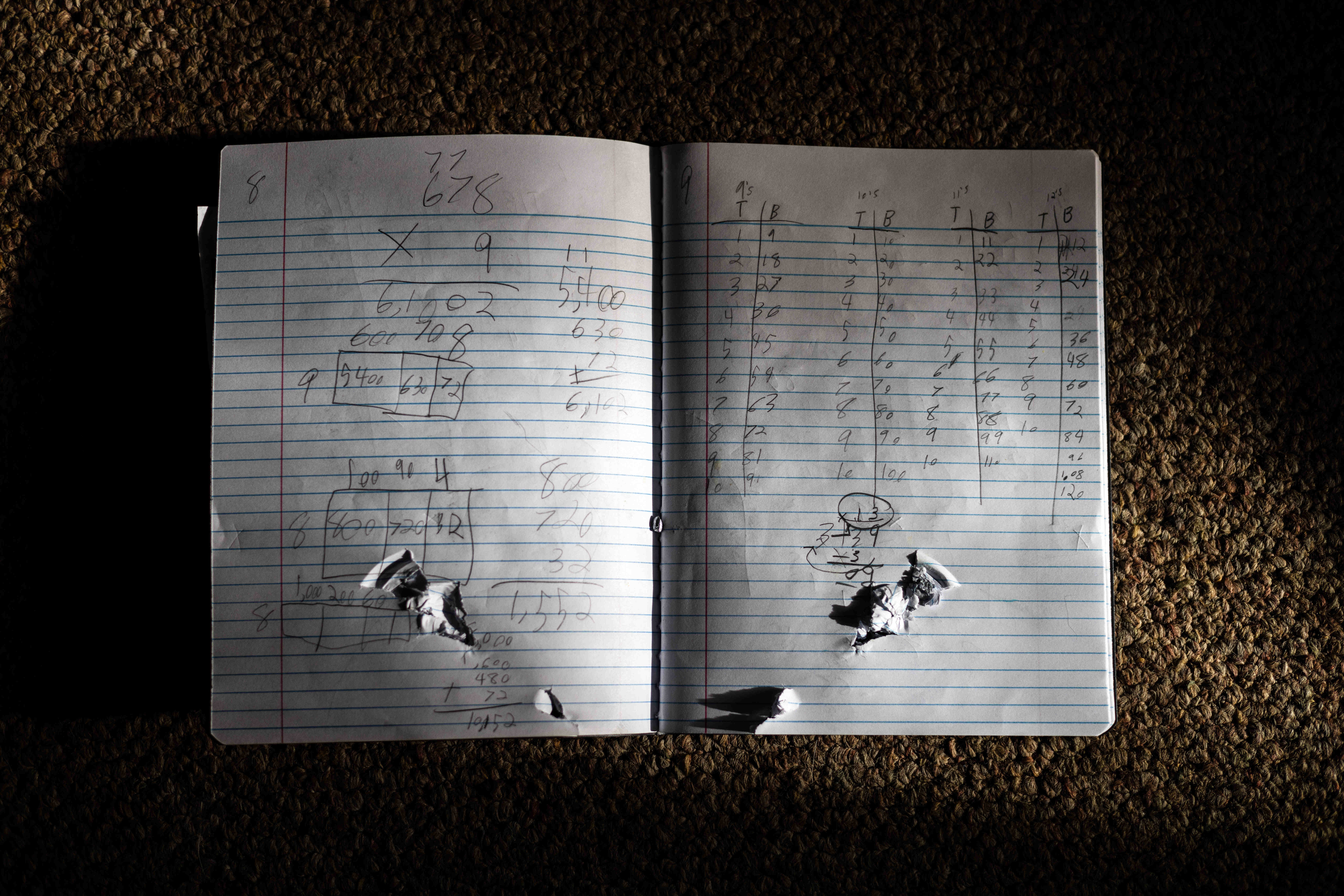
As we’ve seen in Uvalde—along with Columbine, Parkland, and so many other places in America—you cannot leave the protection of children in the hands of law enforcement. Uvalde’s response was delayed by a minimum of 77 minutes and perhaps even years: In 2018, two Morales Junior High School students, who may have been loosely connected to the Robb Elementary shooter, planned a mass casualty event for April 20, 2022. That was the year they would graduate from high school, and April 20 had been the date of the 1999 Columbine massacre. The two students then changed plans, moving the date up to 2018, but one got cold feet and told an adult. As a reporter then, I remember writing that story, pushing aside my own what-ifs. At the time, Kalisa was in their eighth-grade class.
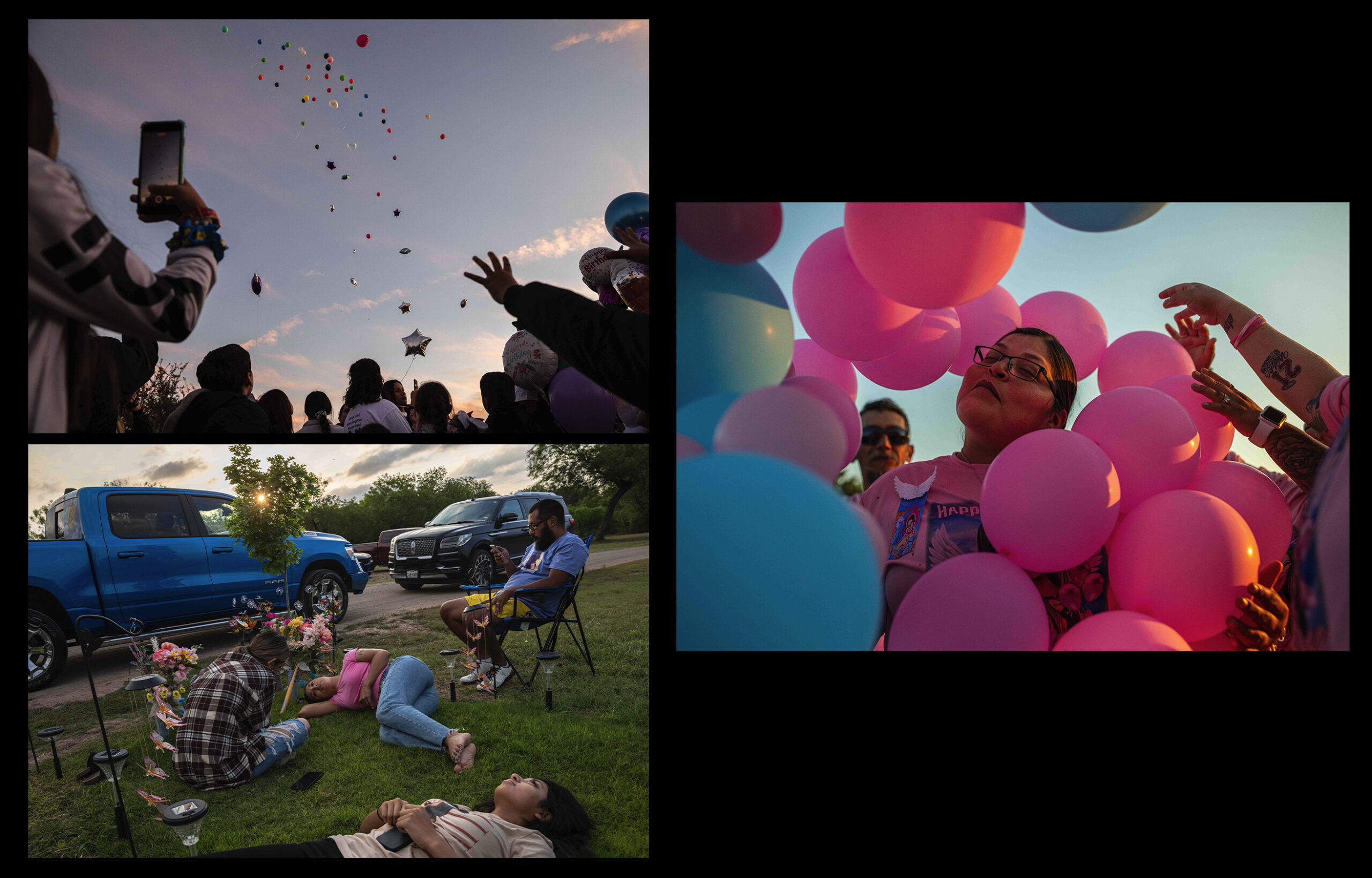
People often talk about how a mother is born when she gives birth, but no one discusses the death of that mother when she buries her child. One day, Lexi was here, and I was whole. The next, I was completely broken.
I marched, rallied, met with U.S. and state politicians. I flew to D.C., Florida, California, Chicago, and Massachusetts. Last year, my husband Felix and I, along with other families affected by mass shootings, spent months advocating at the Texas Capitol for House Bill 2744, which would have raised the minimum age to purchase semi-automatic guns from 18 to 21. Had this bill been law in 2022, the gunman would not have been able to legally purchase the AR-15-style weapon he used to murder my daughter. The state House Select Committee on Community Safety passed the bill 8-5, but it ultimately died without a vote from the full House.
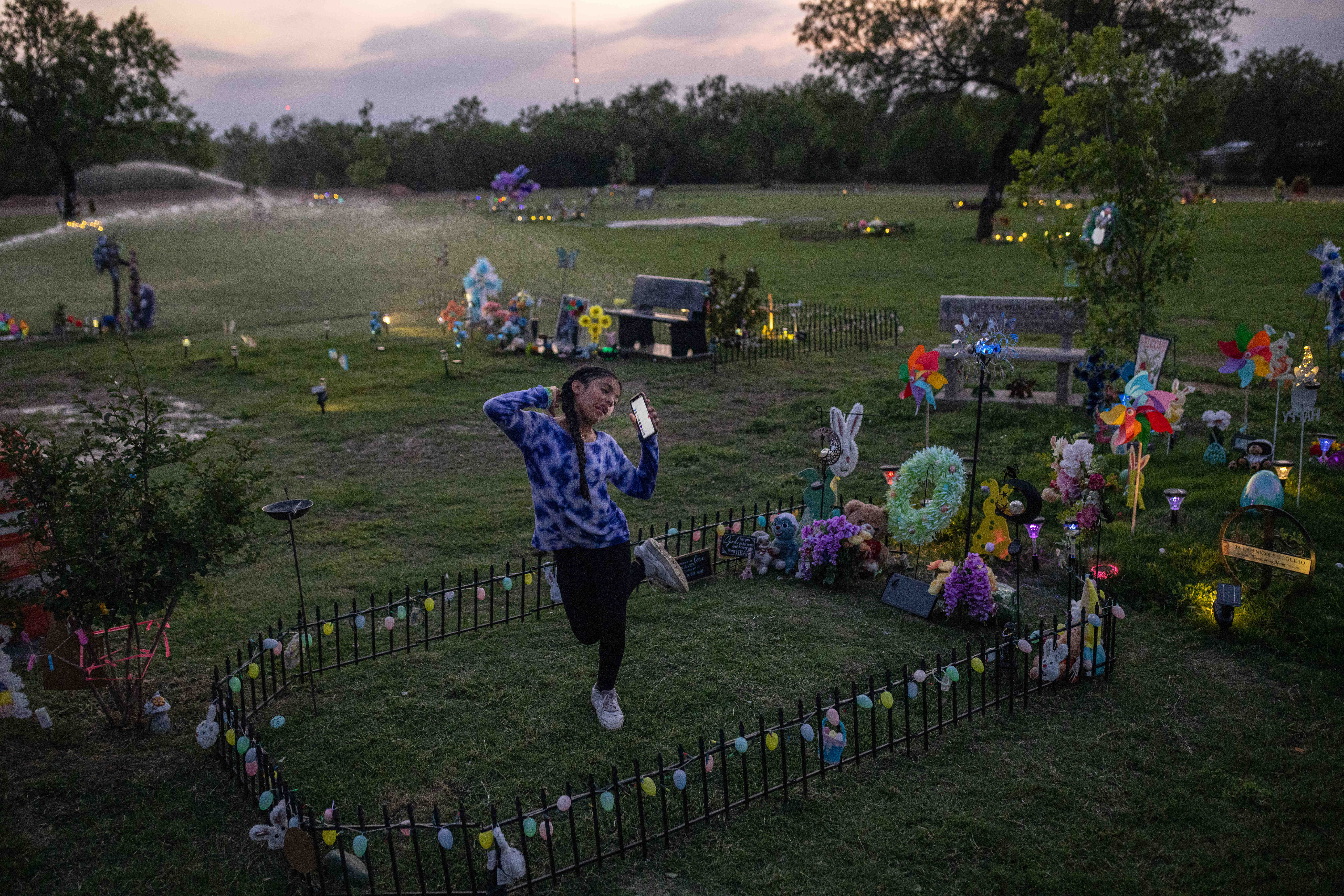
Now, as we prepare for next year’s legislative session, people ask me where I find the strength. It’s not strength but determination. As it was in those muddled days after May 24 when I agreed to testify before Congress, it’s not a choice but an expression of my love for Lexi. She is not physically here to hold, to kiss, to raise. I can only honor her by working to save lives and prevent more heartache.

In post-May 24 Uvalde, two of my surviving children have had to deal with peers callously bringing weapons and ammunition to class despite the recent loss of 21 lives, including Lexi’s. Every time there is a lockdown, do my kids wonder if they’ll make it home? Do they wonder if they’ll get home to find they’ve lost another sibling?
